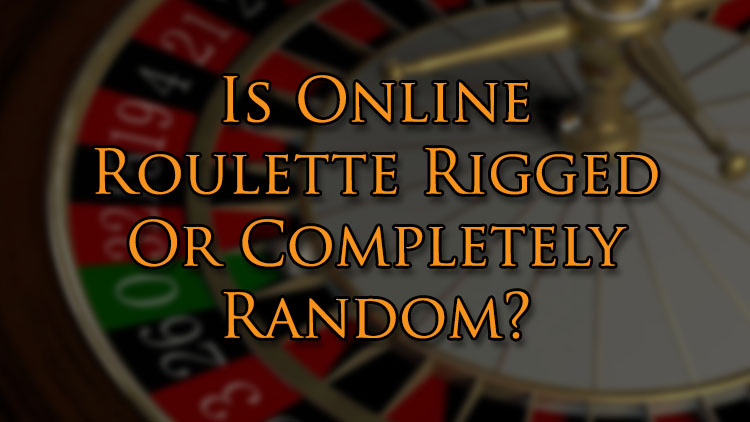
Welcome to this Lion Wins blog post on the fairness of online roulette, a topic that piques the curiosity of many players.
In this blog post, we delve into the heart of online roulette - questioning whether it's rigged or genuinely random. We'll simplify how Random Number Generators (RNGs) operate, ensuring that even those new to online gaming can grasp the concept. Additionally, we'll uncover how online casinos, including ours, undergo rigorous testing to guarantee fairness and transparency.
Join us as we demystify the mechanics behind online roulette, making it accessible and understandable for beginners.
How Does A Random Number Generator Work In Online Casinos?
A Random Number Generator (RNG) is the brain behind the fairness of online casino games, including roulette. Imagine it as an endless stream of lottery balls, each number popping out without any order or pattern. This digital "lottery machine" ensures that every spin of the roulette wheel or shuffle of cards is completely random and unbiased.
How does it do this? By using complex mathematical algorithms, RNGs continuously generate a vast quantity of number sequences at high speeds, with each one corresponding to a random outcome. When you press "spin" or "deal," the RNG selects the number sequence at that exact moment, which corresponds to where the ball lands on the roulette wheel or which card is dealt for that turn.
This process is lightning-fast and entirely automatic, making it impossible to predict or manipulate outcomes. It's the cornerstone of online casino integrity, ensuring every player has a fair chance at winning.
How Are Online Casinos Tested For Fairness?
Online casinos, like Lion Wins, operate under strict scrutiny to ensure every game is fair and random. This is where regulatory bodies, such as the UK Gambling Commission (UKGC), come into play. They're like the referees in the gaming world, making sure everything runs according to the rules.
But how do they ensure fairness? Through rigorous testing by independent third-party companies specialised in auditing. These auditors scrutinise the casino's Random Number Generators (RNGs) to confirm they produce truly random outcomes. If the RNG passes the test by meeting a certain standard of fairness, it means the games are fair, and the casino gets to keep its licence to operate.
This licence isn't a one-time trophy; it's more like a renewable membership that requires continuous adherence to fairness standards. If it fails to pass these tests, the casino risks losing its license, effectively putting its operation and reputation at stake. Thus, the licence is both a badge of honour and a commitment to upholding integrity in online gaming.
Conclusion
In summary, the fairness of online roulette is underpinned by sophisticated technology and stringent regulations. The Random Number Generator (RNG) is the heart of ensuring each spin is random and unbiased, operating on complex algorithms that defy prediction.
Moreover, the oversight by regulatory bodies like the UKGC, along with audits by independent third-party companies, guarantees that these RNGs meet the highest standards of fairness. With these mechanisms in place, players can rest assured that online roulette is not rigged - it's a game of chance where chance is the only factor in determining the outcome.
